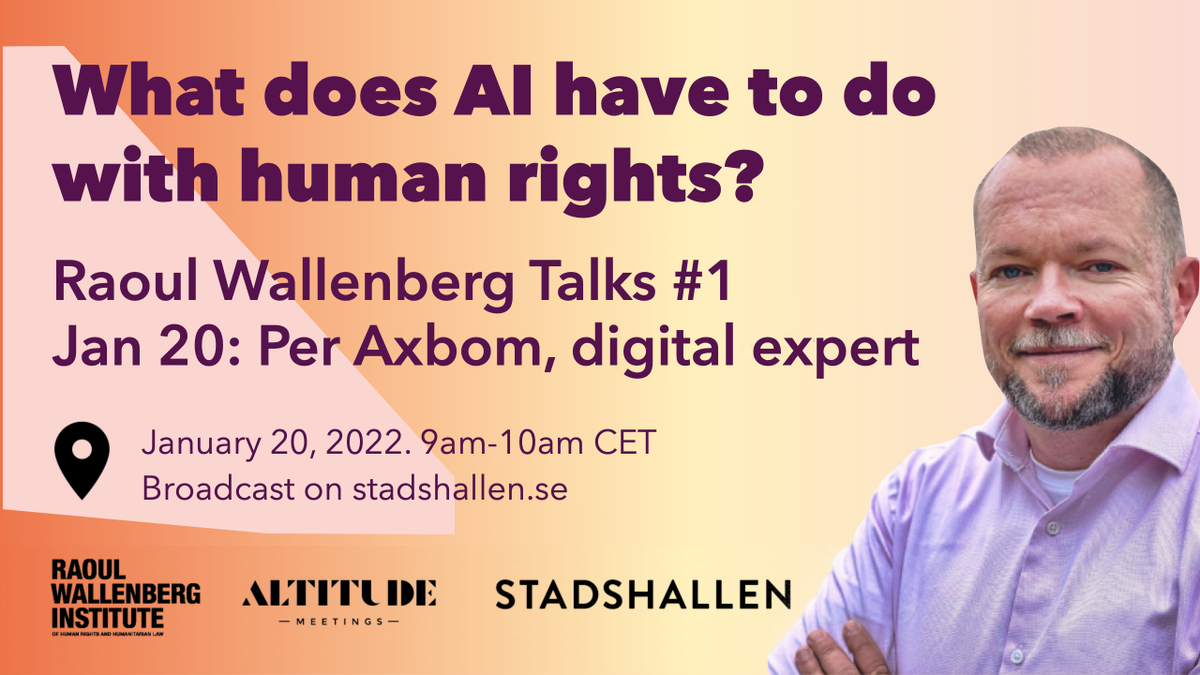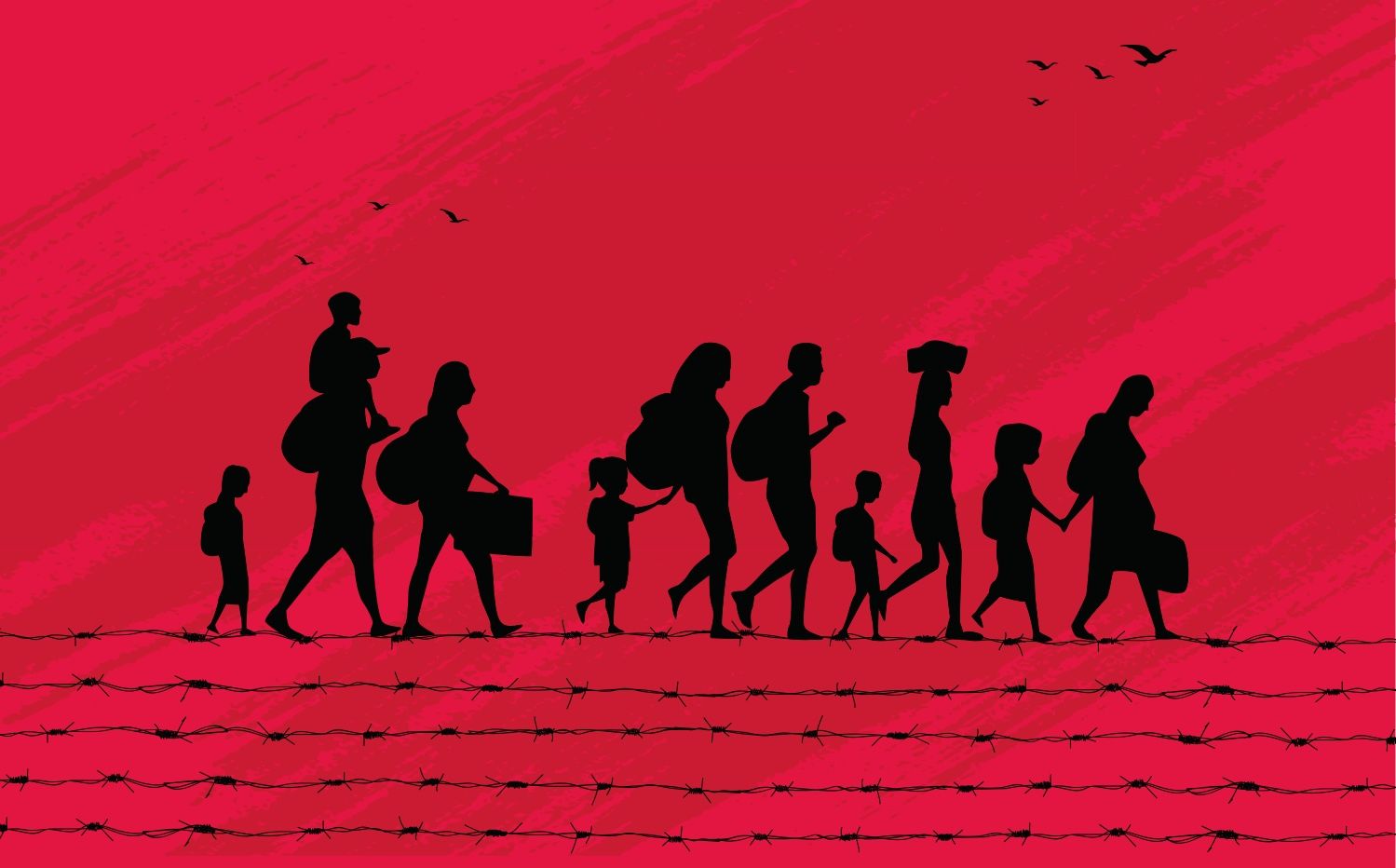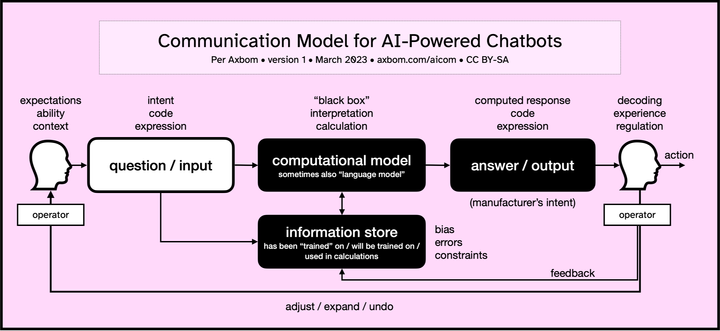Raoul Wallenberg Talks #1
What does AI have to do with human rights?

In cooperation with The Raoul Wallenberg Institute (RWI), Altitude Meetings are hosting a new series of international seminars on human rights. I've been given the honor to lead off the first session with my perspectives on how the development of artifical intelligence (AI) around the world affects the already vulnerable and underserved.
The talk is in English and rounds off with a panel discussion.
When and how?
The seminar and panel discussion can be watched at no cost online: stadshallen.se on January 20, 2022, at 9am-10am CET (click to see your local time).
- Read more on LinkedIn (primarily Swedish)
- Read more on Facebook (primarily Swedish)
- Swedish podcast Samtidspodden provide more background for this series of seminars in episode 38. Also available on Apple Podcasts / Spotify / Overcast.
What is the Raoul Wallenberg Institute?
The Raoul Wallenberg Institute (RWI) of Human Rights and Humanitarian law is a research and academic institution with offices, programmes, and convening power covering 40 countries. We carry out evidence-based human rights research that we integrate with our international programmes, engaging directly with our partners to bring about human rights change for all. The fact that we combine research with direct engagement makes us different to other organisations.
The institute is named after Raoul Wallenberg, the Swedish diplomat who saved tens of thousands of Jews and other people at risk in Hungary at the end of World War II.
My interest
When I got this inquiry I said yes without hesitation. In the seminar description one may read that my international background, early 1980s interest in computing and deep interest in responsible innovation has fostered a unique concern for human wellbeing and equity in the digital space.
But this goes deeper.
In middle school I wrote a paper on Raoul Wallenberg and the magnitude of his contributions have surfaced at regular intervals in my life, sharp reminders that against all odds it's possible to choose the humanitarian path. For a young teenager it was a critical insight that abiding by the law and living ethically don't have to be the same thing.
And the paper on Raoul Wallenberg, I wrote that on an Atari 600XL and printed it out on a dot matrix printer. It's a big deal for me to speak under his name about a preferred future path for computing from a humanitarian perspective.
This post is also available in Swedish.
I recommend reading my article Digital Compassion: A Human Act. It contains learnings on how IBM helped the nazis automate their administration during the Holocaust.






Comment